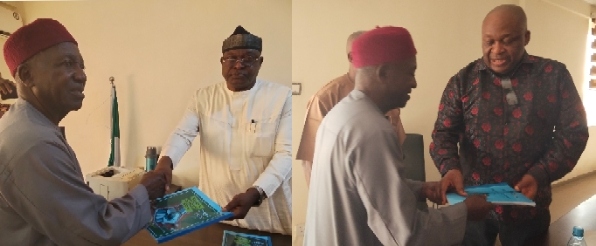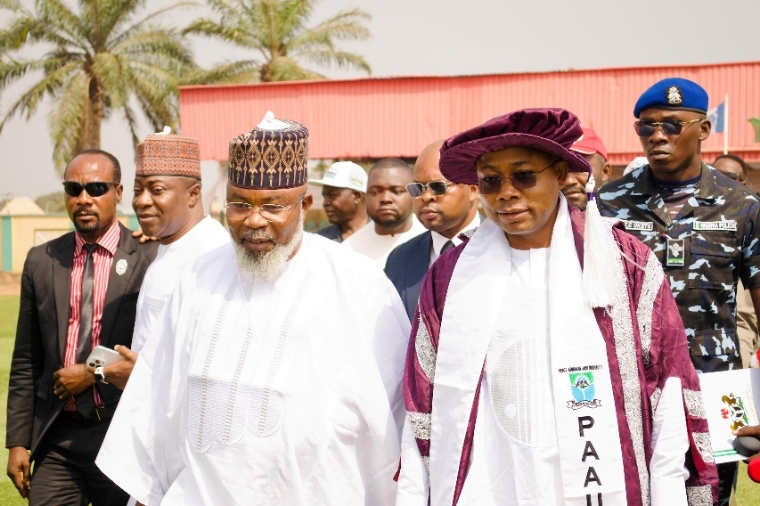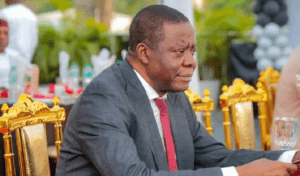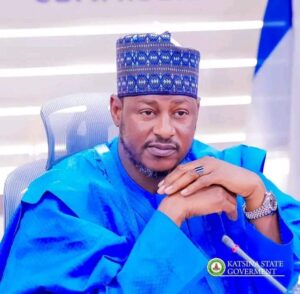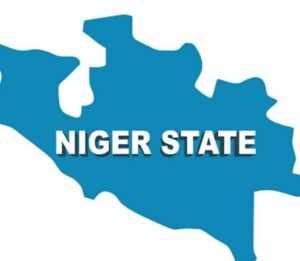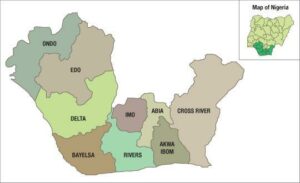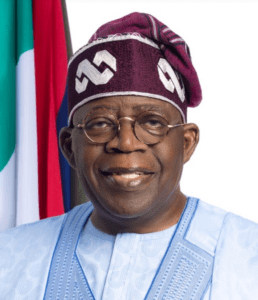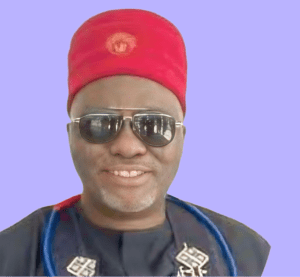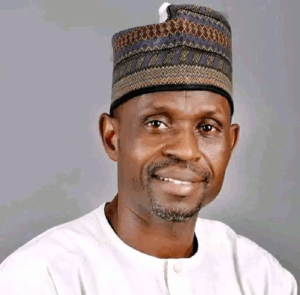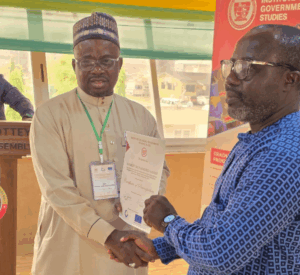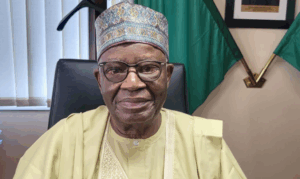Buhari Presents N20.5tr 2023 Budget
This post has already been read at least 111116 times!
As Nigeria’s economy continues to struggle, President Muhammadu Buhari on Friday presented the 2023 Budget totalling 20.5 trillion to the joint session of the National Assembly.
According to the President, the 2023 Appropriation Bill was prepared amidst a very challenging world economy that is weakened by the lingering effects of the COVID-19 pandemic, high inflation, high crude oil prices, resulting in huge cost of PMS Subsidy and negative spill over effects of the Russia-Ukraine war.
He indicated that many economies around the world are currently contending with fiscal instability, slow growth, food crisis, and high interest rates. Like many other countries, our economy faces headwinds from low revenues, high inflation, exchange rate depreciation and insecurity.

Still, the Nigerian Leader while presenting the N20.5 trillion 2023 budget quoted that Nigeria’s real Gross Domestic Product grew by 3.54 percent in the second quarter of 2022, marking the seventh consecutive quarter of growth.
“Our interventionist and reflationary measures have been very effective and impactful. We must however continue to work towards achieving much higher levels of growth, especially given our high population growth rate, so that the average Nigerian can truly feel the impact of planned economic growth”.
“Despite continuing efforts, unemployment, underemployment, and poverty rates remain high.
“We are currently implementing several skills development programmes and work opportunity programmes to enhance the employability of our youths and tackle the troubling level of youth unemployment.
“While it is evident that our economy still faces significant challenges, what could have happened without the implementation of some of the measures we introduced, would have been much worse for the country”, Buhari said.
This post has already been read at least 111116 times!



